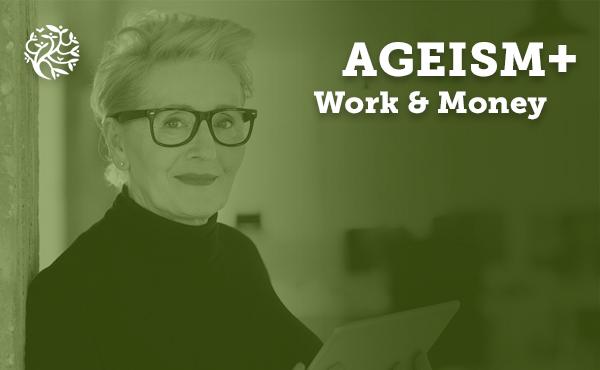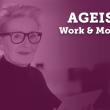They clearly knew – and I knew – it was the age thing.
I believe I faced discrimination and an assumption that an older person isn’t as adept at computers, or switched on about office procedures. We are over the hill and ‘past it’.
When I was made redundant again in 2012, I was so sure I would get another job.
After a while I started to get depressed. It was the worry and stress. The more I was rejected, the more financial problems I had.
Statistics show it’s a real benefit to an organisation to have a mixture of ages, races – a balance of experiences in a cohesive workforce.
Very often ageism manifests itself by looking for other excuses, things about a candidate that puts an employer off. Anything to justify their decisions.
Now is the time to bring the maturity that comes with life experience and work experience into the workplace. Maturity – now there’s a word that can go into a job description.

